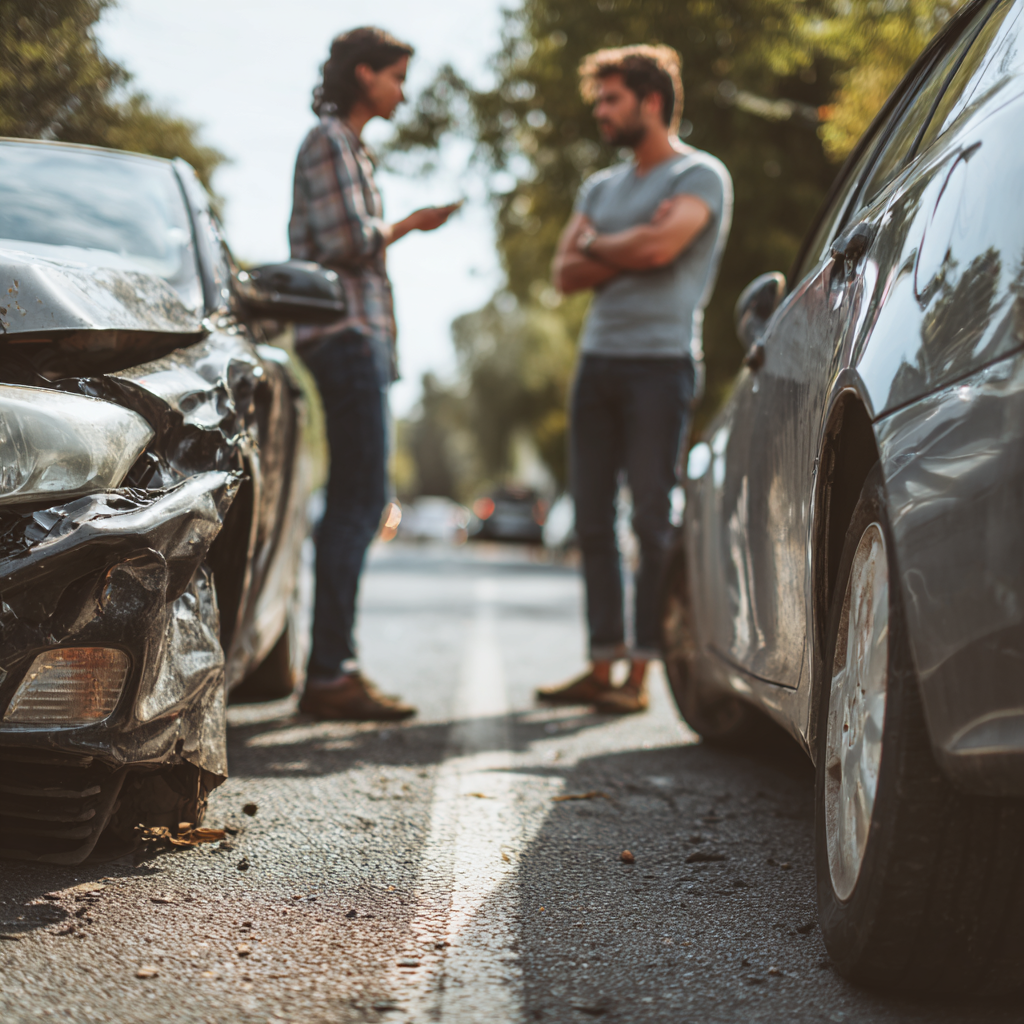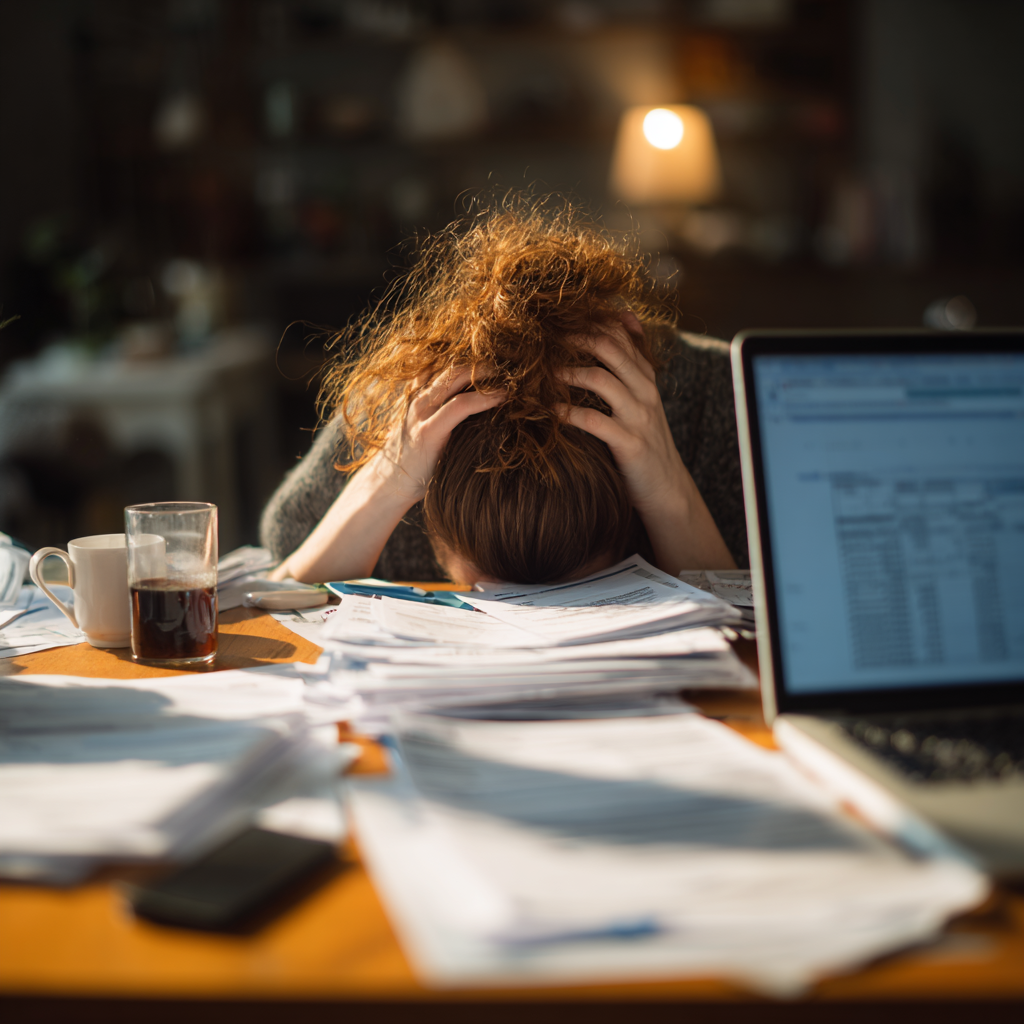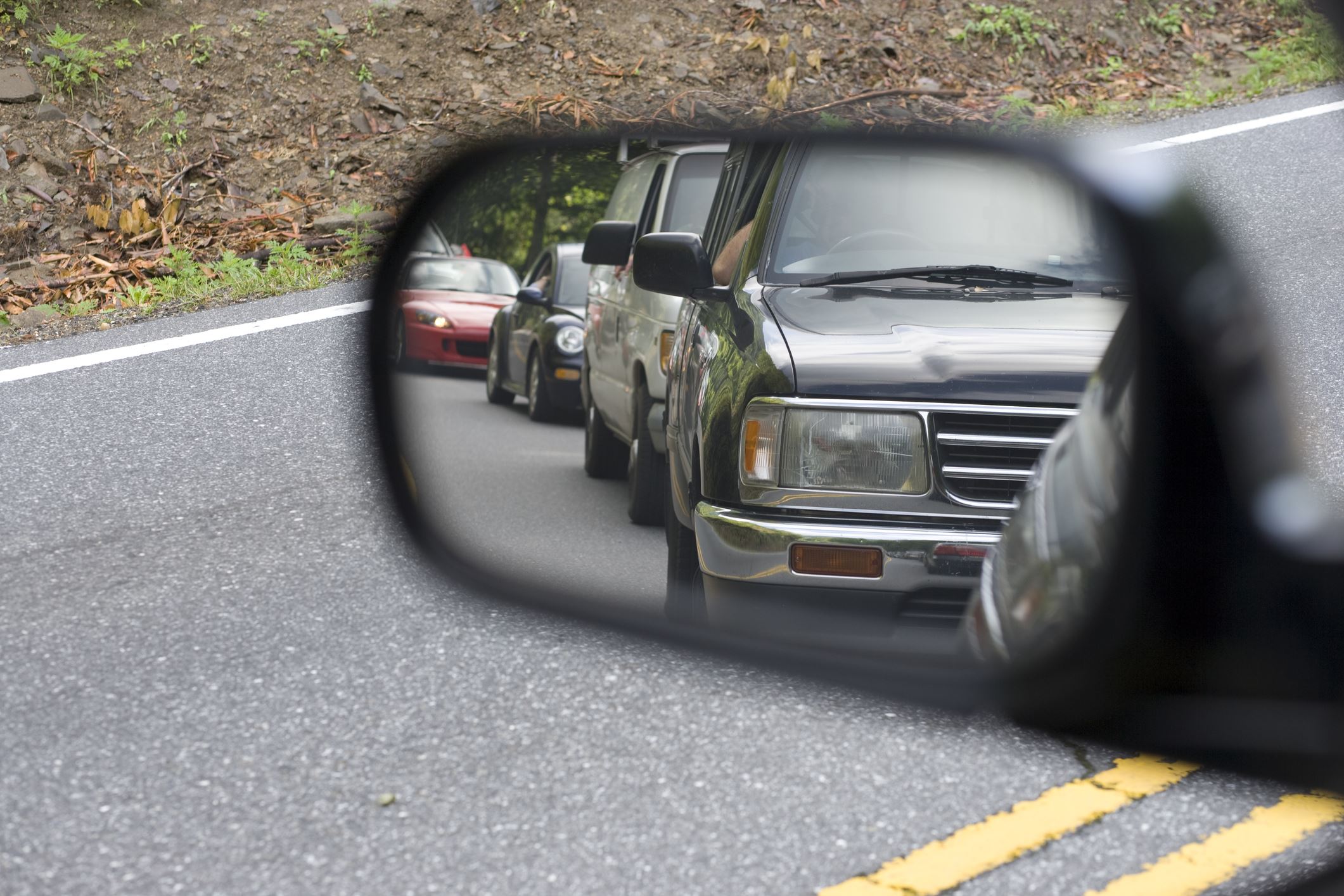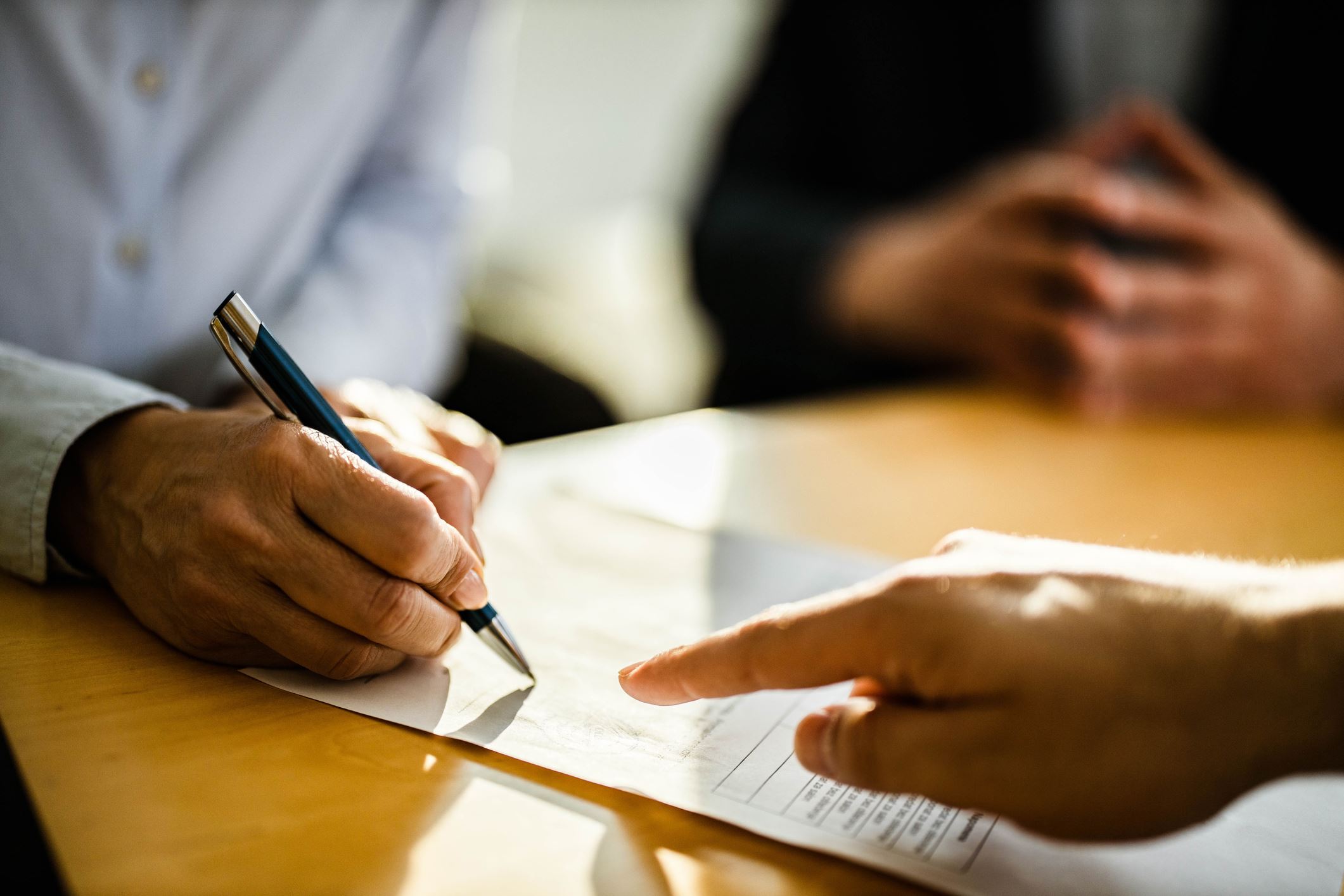 Brad Huffman Explains
Brad Huffman Explains
*AI-generated voice. Script approved by Brad Huffman. For information only.
If the driver who hit you doesn't have enough -- or any -- insurance, you may be able to use your own policy to cover your costs. Using your own UM/UIM coverage shouldn't affect your premiums, so long as you are not at fault for the crash.
Request My Free ConsultationAccidents happen, and they happen more than you might think. Car accidents occur at an alarming rate, reaching thousands each day. Most of the time, insurance policies will cover the expenses related to any damages or injuries—typically the at-fault driver’s policy in states with negligence laws like Virginia. However, you might be even more unfortunate if the other driver is underinsured or worse, has no insurance at all.
Don’t assume you have no recourse if the other driver doesn’t have enough auto insurance. There are always options available. Let’s get to the question of the hour: What if the at-fault driver is underinsured? Or what if they have no insurance at all?
Do You Have To Have Car Insurance in Virginia?
Yes, Virginia drivers are legally required to have car insurance, and their policy must meet the state’s minimum requirements for liability coverage: $50,000 per person for bodily injury, $100,000 per accident for bodily injury, and $25,000 for property damage. However, even though these limits satisfy the law, they are often not enough to cover the full cost of injuries or damage in a serious accident. In addition, the law is difficult to enforce, and not everyone on the road will carry insurance at all.
Can You Sue an Uninsured Driver or Underinsured Driver?
Yes, in most states, including Virginia, you can file a lawsuit against an at-fault driver if they don’t have insurance or don’t carry enough to cover your damages. In these cases, you would be pursuing compensation from the driver directly. That being said, this option isn’t always practical. Keep in mind that the driver may lack insurance because they cannot afford it, which means that even a successful lawsuit might not result in meaningful compensation.
What is Underinsured/Uninsured Motorist Coverage, and How Can It Help?
The good news is that in Virginia, if the at-fault driver’s policy is not enough to cover the damage to your vehicle or injuries you or your passengers have sustained, you can file a claim under your own policy. This is because if you have liability insurance, you also have the same amount of coverage in uninsured and underinsured motorist coverage. Not all states require this—30 of them, to be exact—and it may be optional when you own your car outright (i.e., no more monthly payments). If you’re involved in accident caused by an uninsured or underinsured driver, this type of coverage can help cover the cost of:
- Current and future medical bills
- Present and future lost earnings
- Pain and suffering
- Disability
- Repairs or replacements for your personal property
As an added bonus, the state of Virginia allows stacking underinsured motorist coverage, which raises your coverage and protection by combining your own coverage limits with those of the at-fault driver’s insurance. For example, if both you and the careless driver have $50,000 in coverage, stacking means you could potentially receive up to $100,000 for the same accident. This significantly increases your available compensation.
What Challenges Might You Run Into With Your Underinsured or Uninsured Motorist Claim?
It’s important to note that regardless of whether you’re filing a claim with the at-fault driver’s insurance company or your own, you can still run into challenges in receiving compensation for your damages. Insurance companies will do everything they can to diminish the value of your claim or even outright deny it. This is especially true if there is a question of liability. In the state of Virginia under the contributory negligence rule, if you are found even 1% at fault for the accident, you may be prevented from obtaining any financial compensation at all.
That’s why whether you’re involved in a car accident with an uninsured driver or one who is underinsured, it’s important to get in touch with an attorney who has experience with these types of cases. You and your attorney will still need to prove the other driver was responsible, accurately document all damages associated with the accident, and negotiate with the insurance company for a settlement that meets your needs.
What To Do If an Uninsured or Underinsured Driver Hits You: Tips for Preserving Your Claim
Even when the other driver lacks sufficient insurance, the steps after an accident are largely the same as with a fully insured driver. Following these steps helps preserve your claim and protect your rights:
- Contact the police. Make sure an accident report is filed. While waiting for law enforcement, take photos of the scene, both vehicles (including license plates), and any visible injuries. Gather the contact information of the other driver and any witnesses.
- Seek medical attention. Adrenaline can mask injuries, so it’s important to get checked by a doctor even if you feel fine and follow all recommended treatments.
- Notify your insurance company. Report the accident promptly, providing basic details such as the time, location, and whether anyone was injured. You don’t need to go into full detail, and you are not required to speak with the other driver’s insurance company.
- Consult an attorney quickly. A lawyer experienced with underinsured or uninsured motorist claims can guide you through the process, handle communications with insurers, and help ensure you receive full compensation.
Frequently Asked Questions
Does Insurance Cover Hit and Run in Virginia?
Yes, your underinsured/uninsured motorist coverage can help pay for injuries if the at-fault driver flees the scene, just like it does for accidents with an uninsured or underinsured driver.
Will Filing an Underinsured/Uninsured Motorist Claim Impact My Rates?
No. Virginia law prohibits insurers from raising your premiums if the accident was not your fault. Filing a claim should not affect your rates.
What If I Was Hit By an Uninsured Or Underinsured Driver While Walking Or Cycling?
Pedestrians and cyclists can generally file an uninsured or underinsured motorist claim if they have their own auto insurance policy and get help with medical bills and other damages.
Get in Touch With an Underinsured/Uninsured Motorist Accident Lawyer at Huffman & Huffman
At Huffman & Huffman Brothers-in-Law, our attorneys understand the unique challenges of underinsured motorist claims and uninsured motorist claims. We can assist you in navigating the claims process and any potential liability challenges that may arise. Leave the insurance companies to us so that you can focus on recovering and getting back to your life. Let our family help your family. Contact us today for a free consultation.







